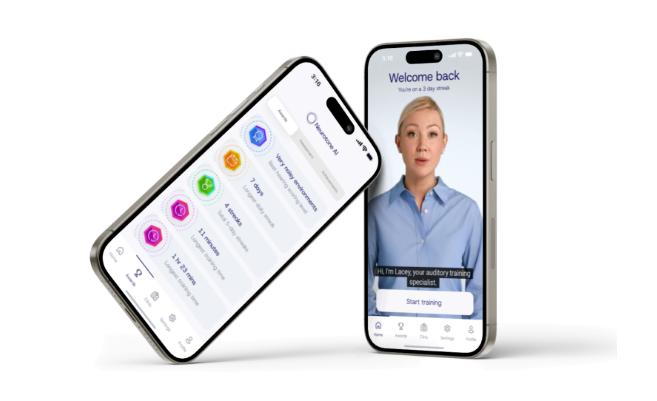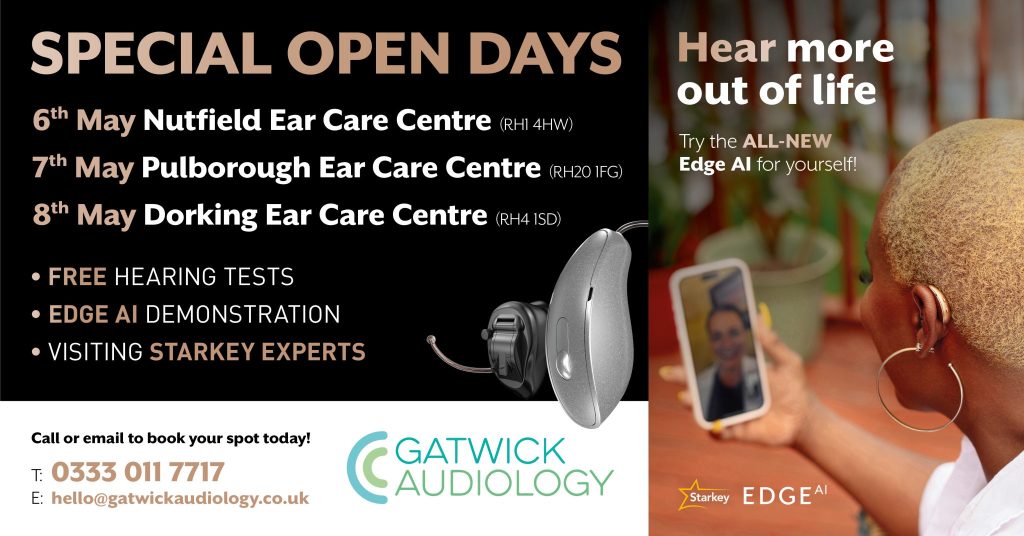A New Path for Tinnitus Management: The Lenire Device
Tinnitus affects millions of people worldwide and is often described as ringing, buzzing, or hissing in the ears. For many, these sounds are constant and disruptive.
Traditional treatments like hearing aids and sound therapy can help, but not everyone finds relief. A new approach called bimodal neuromodulation—delivered through the Lenire device—is showing promising results.
What is Tinnitus?
Tinnitus is the perception of sound without an external source. While “ringing in the ears” is common, it can also sound like:
- Hissing, whooshing, or crackling
- A rhythm that matches the heartbeat (pulsatile tinnitus)
- Changes linked to jaw, neck, or head movement (somatic tinnitus)
The most common type is subjective tinnitus, heard only by the person experiencing it. Much rarer is objective tinnitus, which can sometimes be detected by a clinician.
How Does Bimodal Neuromodulation Work?
Bimodal neuromodulation uses two forms of stimulation at the same time to influence how the brain processes sound. This builds on the brain’s ability to adapt and reorganise, known as neuroplasticity.
The Lenire Device
Lenire combines:
- Sound therapy via headphones
- Mild pulses delivered to the tongue
When these two signals are presented together, the brain gives them more importance than tinnitus. With regular use, this helps reduce how strongly tinnitus is perceived.
Treatment typically involves two 30-minute sessions per day, guided by a trained audiologist.
Evidence for Lenire
Several large clinical trials and real-world studies show that Lenire can help reduce tinnitus symptoms:
- Up to 80% of patients in one study reported lasting improvement for at least 12 months.
- Over 90% of patients in another trial experienced clinically significant relief.
- Real-world results also show more than 90% of patients improved after 12 weeks of treatment.
Key Points
- Lenire is the first FDA-approved device for tinnitus using bimodal neuromodulation.
- It combines sound and tongue stimulation to retrain how the brain responds to tinnitus.
- Studies show it can provide meaningful and lasting relief for many people.
Contact us today to find out more on 0333 011 7717 or email us at hello@gatwickaudiology.co.uk.


